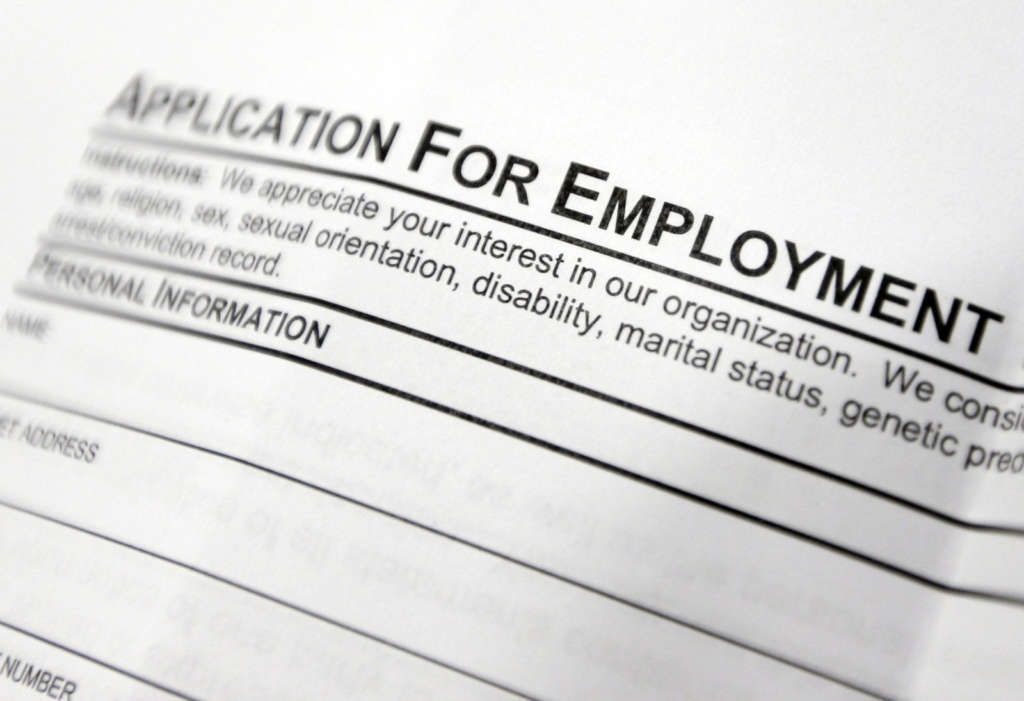
The $1,200 federal stimulus checks many Americans are getting are not subject to income tax, but unemployment benefits are.
Depending on where the recipient lives, he could be subject to both federal and state income taxes.
“You’re going to pay federal income tax, but you escape Social Security tax and Medicare tax. When it comes to state taxes in our area, Maryland and D.C. do impose income taxes on unemployment benefits, but Virginia gives you a pass,” D.C. tax attorney Raymond Quianzon told WTOP.
A lot of people getting unemployment benefits right now are setting themselves up for a rude awakening come next spring.
The maximum unemployment benefit in the District is $425 a week; in Maryland, $430 a week, and in Virginia, $378 a week. Add the additional $600 a week available through July, and that could be a big tax bill.
“A lot of this unemployment money is coming in in March, April and May of 2020, and they’re not going to be paying their tax bill until March or April of 2021. And it’s easy to forget a year later that you had all that income,” Quianzon said.
- Sign up for news alerts from WTOP
- DC nurses praise recent guidance on COVID-19 testing for health care workers
- WTOP coronavirus poll: For 1st time, concerns over economic balance top public health focus
- Doctors, scientists push Northam to be more aggressive against COVID-19
- Latest coronavirus test results in DC, Maryland and Virginia
- Coronavirus resources: Get and give help in DC, Maryland and Virginia
While taxes are not automatically withheld — and most recipients need every dollar of it right now — there is a way to pay some now, not later.
“There’s an option when filing for benefits online to click a button and have some of your taxes withheld, but that still may not be enough taxes withheld. You may still owe at the end of the year, because it is only a 10% withholding rate.”
The Internal Revenue Service has an online federal income tax withholding estimator.








